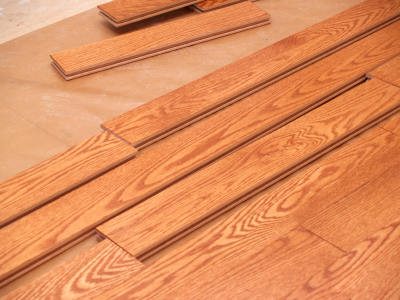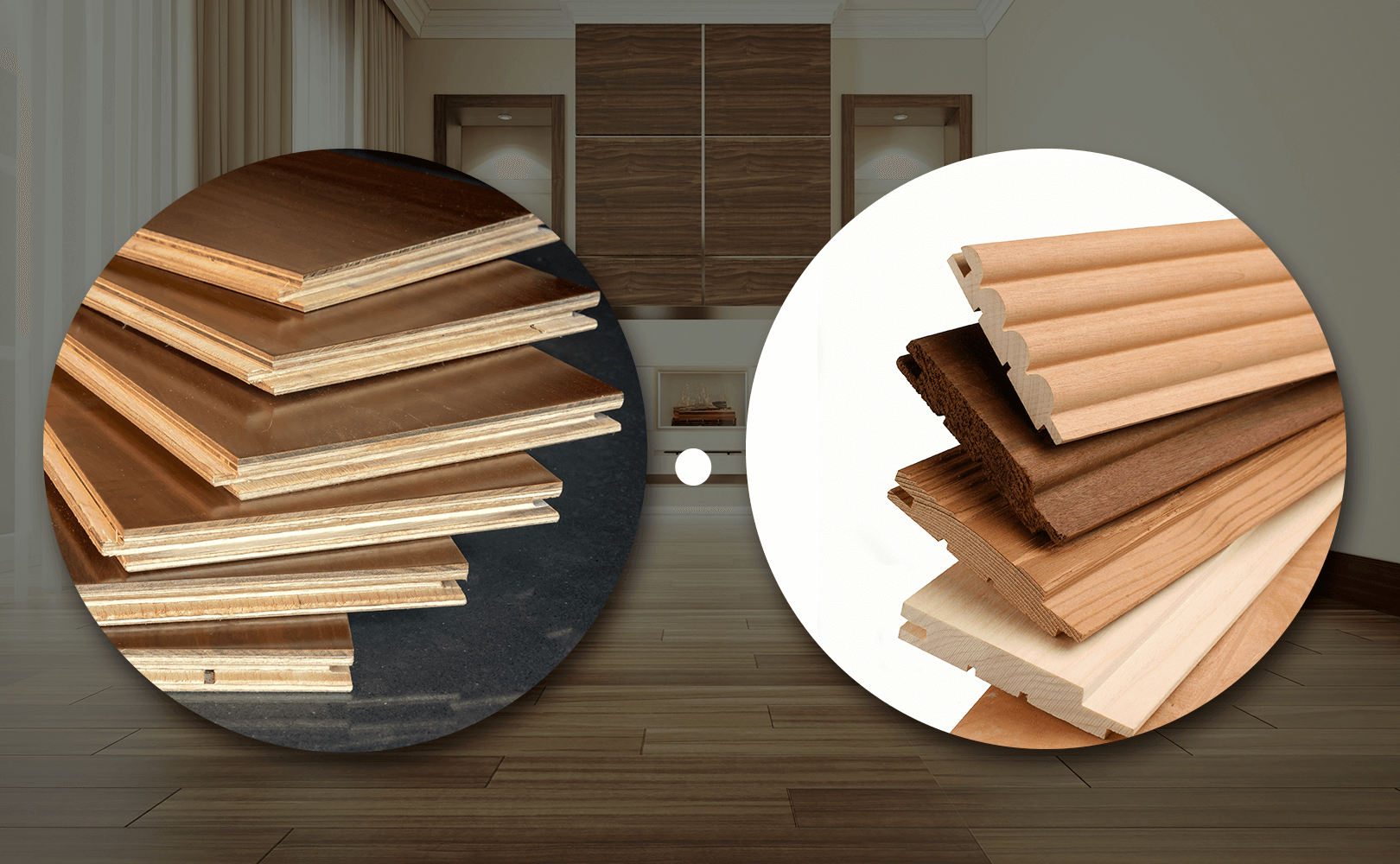Vinyl FlooringWaterproof Rigid Core Vinyl FlooringVinyl Plank FlooringGlue Down Vinyl FlooringWPC Vinyl FlooringSPC Rigid Core Vinyl FlooringPeel and Stick Vinyl FlooringLoose Lay Vinyl FlooringTile Look Vinyl FlooringFloor MoldingsUnderlaymentAdhesivesWood FlooringSolid Hardwood FlooringUnfinished Hardwood FlooringEngineered Hardwood FlooringWaterproof Engineered Hardwood FlooringBamboo FlooringFloor MoldingsUnderlaymentAdhesivesAll FlooringLaminate FlooringLaminateWater Resistant Laminate FlooringFloor MoldingsUnderlaymentAdhesivesTile FlooringCeramic TilePorcelain TileNatural Stone TileTravertine TileMarble TileGranite TileSlate TileLimestone TileMarble TileGranite TileSlate TileLimestone TileDeckingComposite DeckingWood DeckingDeck TilesDeck AccessoriesOtherCarpet TilesAccessoriesAdhesivesUnderlayFloor MoldingsBuilding MaterialsOutdoorCarpet TilesClearancePro RewardsDEALSClearanceSaleHV Picks
LEARN
What is Hardwood Flooring?
Hardwood flooring has been popular for hundreds of years, and it is a strong selling point for potential homebuyers. The unmatched beauty that species such as oak and maple, among others, give a home is one of the many reasons why BuildDirect clients continue to renovate their spaces with this timeless flooring option.
Frequently Asked Questions
What are the benefits of BuildDirect hardwood flooring?
Where can I install hardwood flooring?
How do I install hardwood flooring?
When ordering hardwood flooring how much extra should I order to allow for waste?
How can I better protect my floor from early finish wear?
What is the difference between prefinished and unfinished flooring?
What is the best way to clean my floors?
How does moisture affect my hardwood flooring?
How do I maintain my hardwood flooring?
Can I expect my floor to have color variations?
Will my prefinished floor have a beveled edge?
Is hardwood flooring good for pets?
What BuildDirect Customers Are Saying
Verified Purchased
I was very nervous and skeptical about ordering flooring online and purchasing something site unseen, but between the customer service and the delivery everything was very smooth! The product is beautiful and I love the way it looks!! I look forward to using Build Direct for home improvement projects in the future.
Laura B.
South Burlington, VT
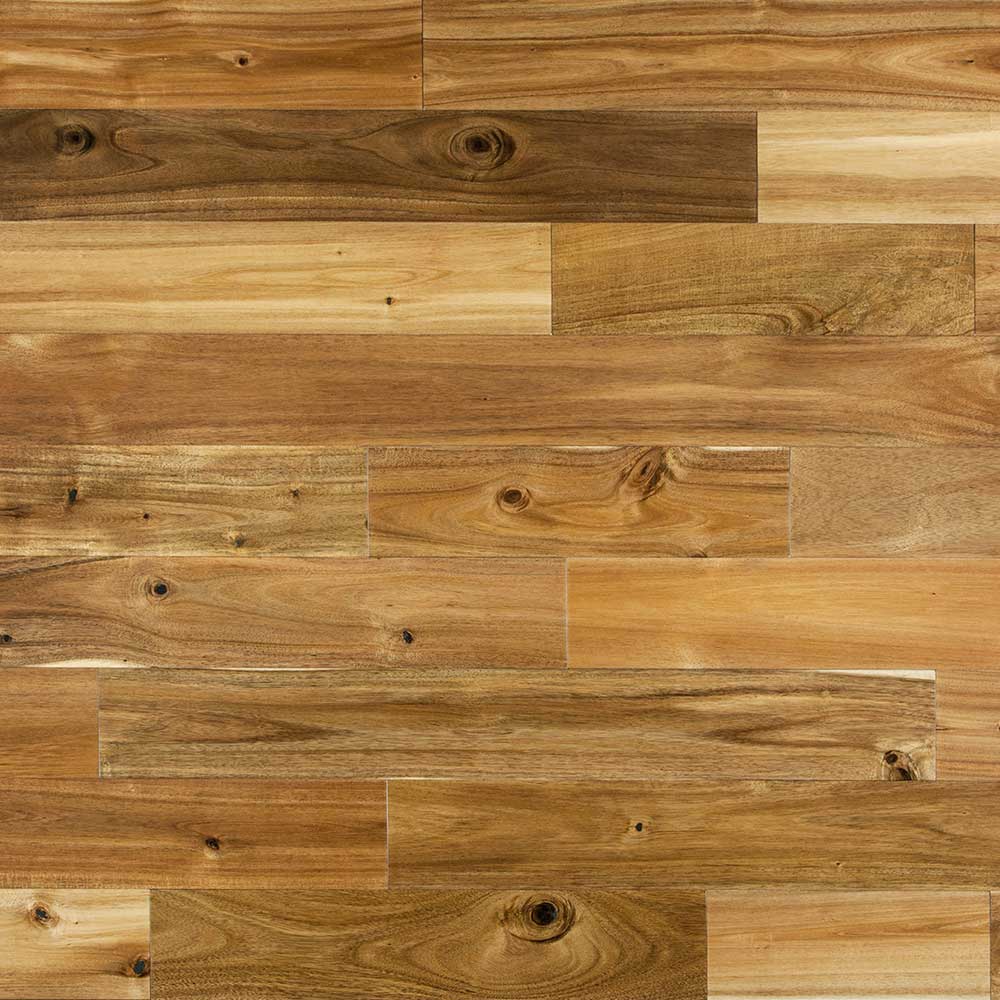
Verified Purchased
We are so happy with the wood flooring not only was it delivered on a timely manner they sent me the samples over night. Local stores wanted double the cost for the same flooring.. These floor look igorgeous throughout our whole house.. Highly recommend BuildDirect they were Awesome!!
Mike C.
Lake Grove, NY
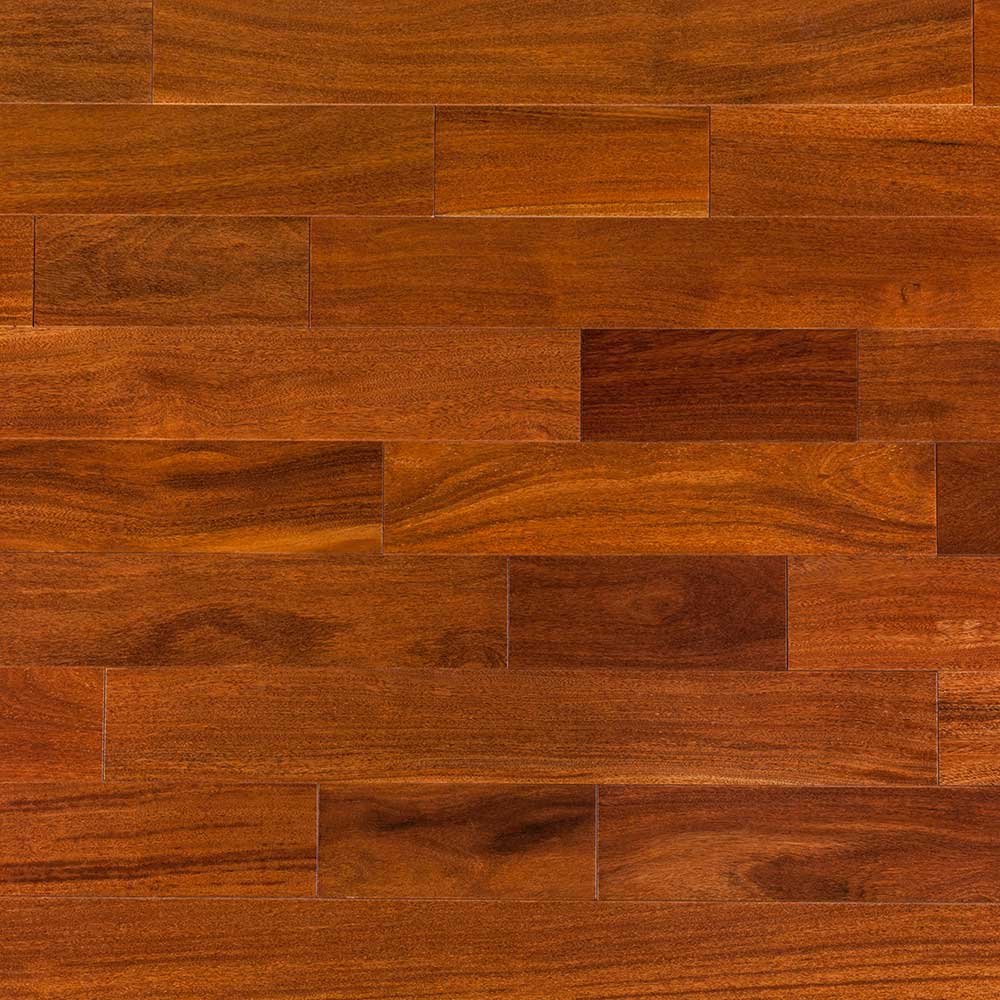
Verified Purchased
Great wood! Easy installation with precise micro bevel style. Went together smoothly without squeaks! Will use again.
Matthew C.
Morgantown, WV
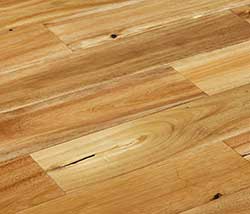
Verified Purchased
We had bought and installed this beautiful product in our downstairs a few years ago. It's now time to do the upstairs and the product was the same excellent value for the price. Arrived quicker than we needed, but gives it time to acclimate to our home. We will be using the same installer and he was happy we are ordering the same product from the same company. He was VERY impressed by the quality of the product last time. I'm excited to see the completed project as I love this wood on our main floor.
Natalie K.
New Berlin, WI
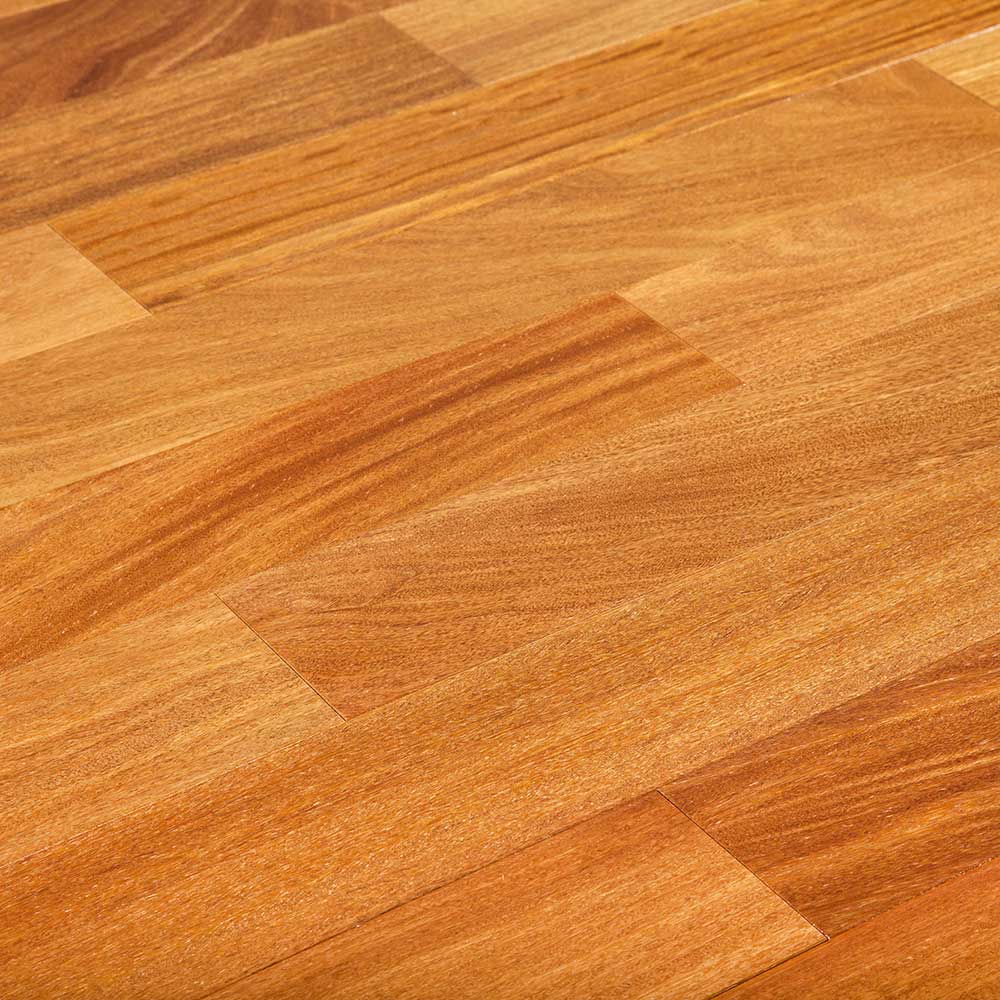
![[object Object]](png/logo-blue9b01.png)
